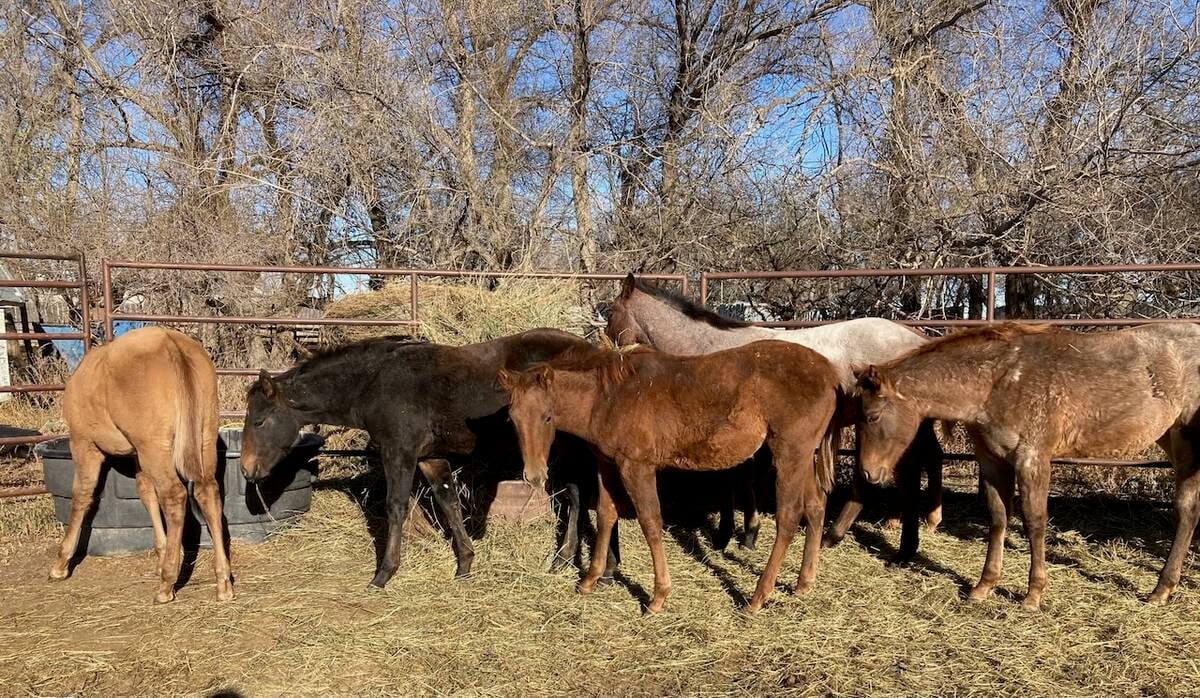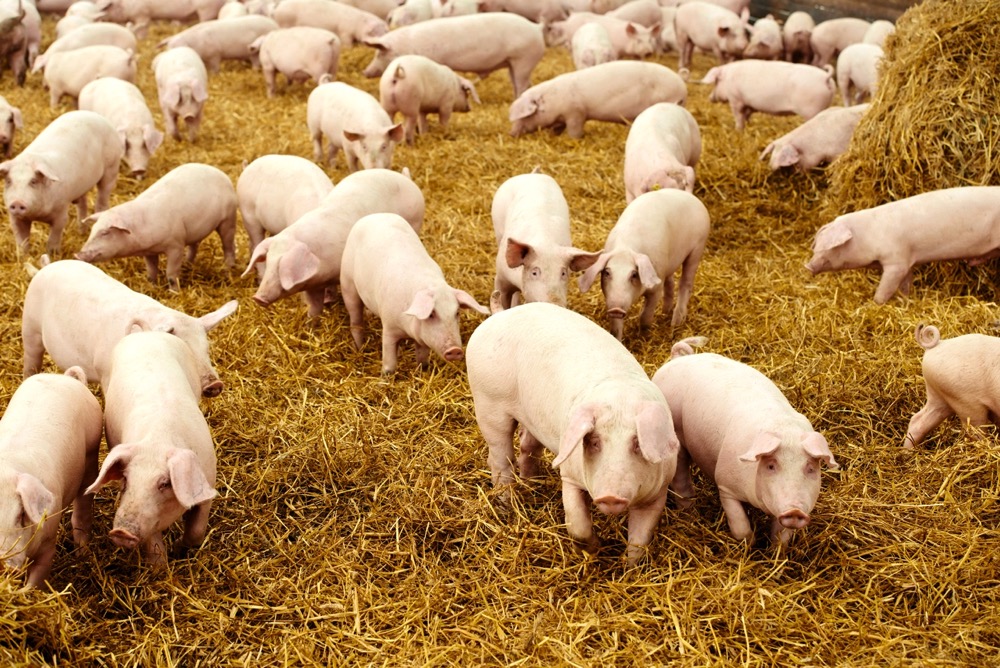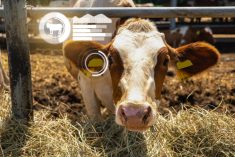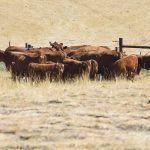A joint government and industry organization challenged with protecting the health and welfare of animals is urging Canadian hog producers to be on guard to prevent and if necessary, manage an outbreak of African Swine Fever (ASF).
A representative of Animal Health Canada (AHC) — a not-for-profit organization which is funded jointly by federal, provincial and industry/non-government stakeholders — told delegates attending the 2022 Banff Pork Seminar earlier this year that every effort is being made to prevent the disease from entering North America, but the industry needs to be prepared.
The Animal Health Council works with experts across the livestock industry to address important topics such as animal welfare, emerging diseases, animal health surveillance and antimicrobial use and resistance.
Christa Arsenault, the National African Swine Fever (ASF) co-ordinator with Animal Health Canada, had some basic questions for Canadian pork producers.

“What would you do today if ASF was detected in Canada and you couldn’t move your pigs? Do you know who was on your operation in the last 30 days and where are your records? What is your plan?”
Arsenault said those same three questions are being asked at the highest levels as well, including the ASF Executive Management Board (EMB), which is made up of a broad range of industry stakeholders including representatives from:
- Federal agencies such as the Canadian Food Inspection Agency, Agriculture and Agri-Food Canada
- Provincial and territorial governments
- Environmental and wildlife agencies
- Animal Health Canada (formerly National Farmed Animal Health and Welfare Council)
- National groups like Canadian Pork Council and Canadian Meat Council
Read Also

Fall clean-up and bringing animals home at the Eppich ranch
Winter is approaching which meant emoving old fence rows and bringing livestock home before the cold and the snow at the Eppich family ranch.
The EMB is tasked with developing and implementing the Pan Canadian Action Plan to prevent entry of the disease to Canada and to mitigate the impacts of swine flu on the Canadian meat industry.
Arsenault emphasized the seriousness of the situation should ASF be discovered not just in Canada, but in North America.
“The discovery of ASF in the Dominican Republic and then Haiti in 2021 is significant because it is the first time the disease has been recorded in the Americas in 40 years,” she said. “Due to the interdependence of the pork sectors in Canada and the United States, a discovery in either country will have unprecedented impacts on the entire value chain including an immediate shut down of all exports of live animals and meat products. “
Prepped for action
The EMB has developed a four-pillar action plan to address the dual mandates of preventing swine fever from coming into Canada and ensuring there is a plan in place if the worst happens. Under these pillars are a number of working groups (WG), and sub-working groups that are focusing on critical areas including enhanced biosecurity prevention.
Arsenault provided an update on the highlights.
The national, provincial, territorial and industry groups are all working hard on their ASF plans and the working groups listed above are also deep into planning, training, testing and collaboration. Some of the strategies developed by the ASF EMB have been used for managing the COVID pandemic. Arsenault says she hopes the work being done on ASF can be used for other animal health issues in the future.
Arsenault also gave producers a call to action “The biggest thing you can do as a producer on your farm is to be ready with your own emergency response plan and include ASF in that plan.”















